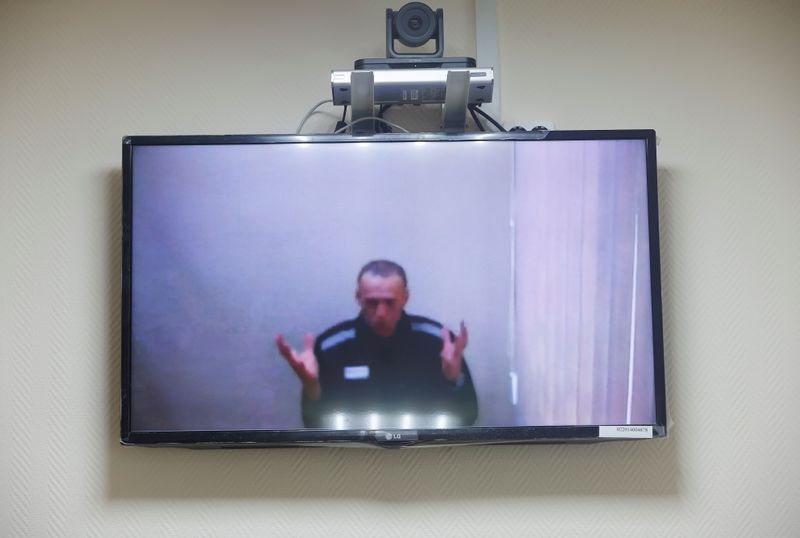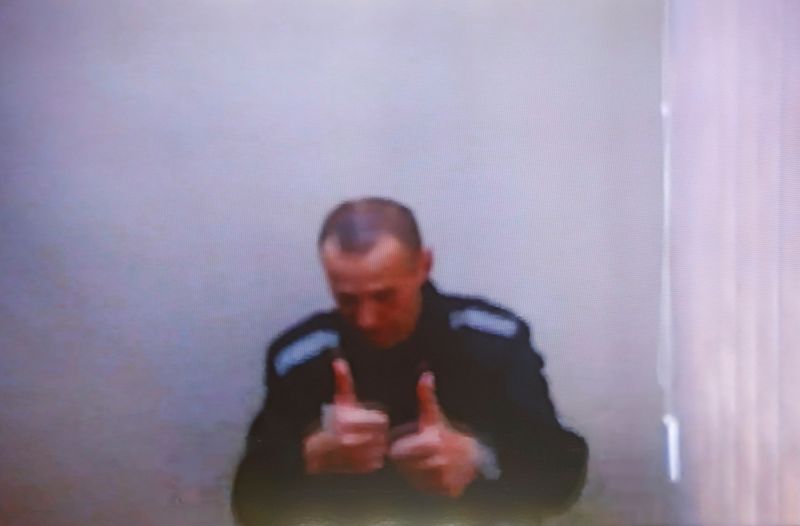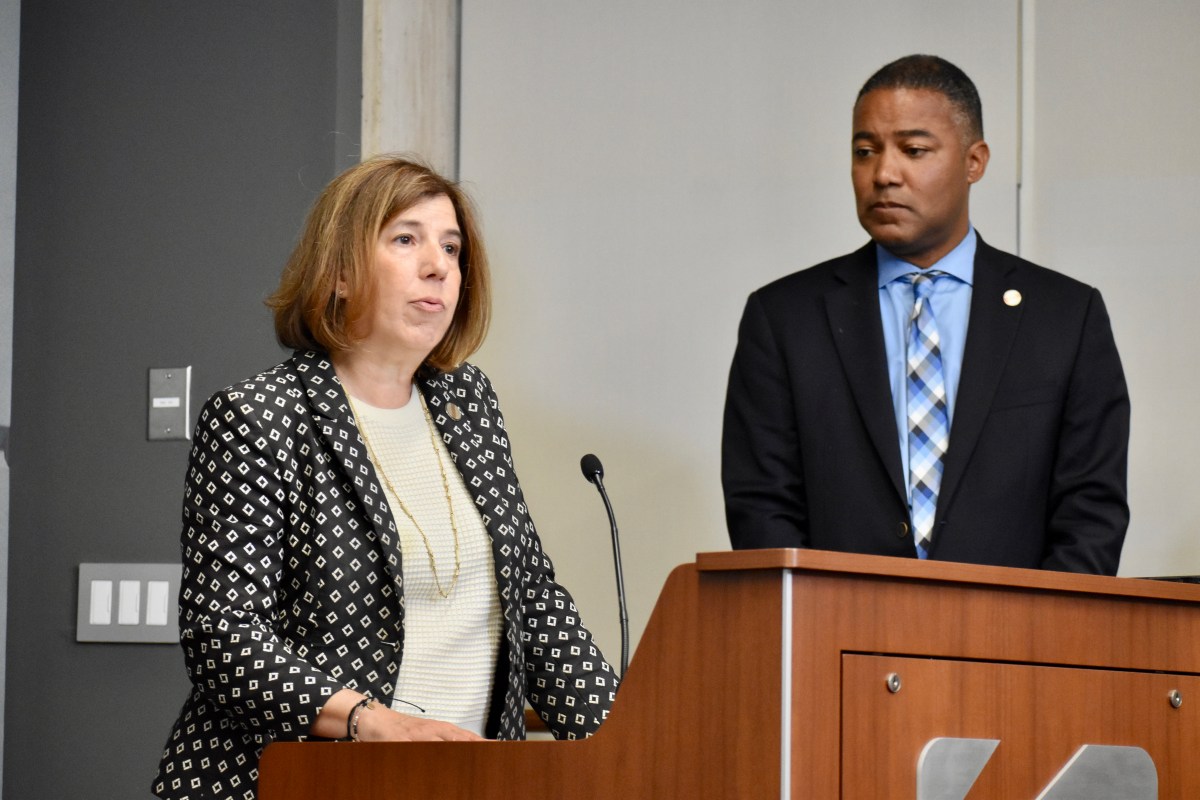MOSCOW (Reuters) -Jailed Kremlin critic Alexei Navalny on Wednesday lost a legal bid to overturn his designation as a flight risk, a label which he says allows prison guards to subject him to ‘torture’ by sleep deprivation.
Navalny, one of President Vladimir Putin’s most prominent critics, is serving a 2-1/2 year jail term for parole violations in a case he says was trumped up to thwart his political opposition against the Kremlin, something it denies.
The 44-year-old politician went on hunger strike in late March to demand better medical care, which he got. He has since started eating properly again.
Currently at a different prison facility with a hospital to which he was temporarily moved when on hunger strike, he has mounted three legal challenges against the prison where he was being held beforehand and is expected to return to — the IK-2 corrective penal colony 100 km (60 miles) east of Moscow.
When at IK-2 he complained he was being deprived of sleep by guards who woke him every hour during the night when they filmed him and reported he was present in order to officially verify his whereabouts.
Prison authorities did not deny he was checked every hour, but said the practice was necessary because he had been designated a flight risk by the authorities, something he tried to overturn in court.
A court in the Vladimir region where he is being held rejected his legal challenge on Wednesday however, according to his lawyer and supporters.
“A court has refused to take Alexei Navalny off the (flight risk) register as he is prone to escape. A man who returned to Russia himself despite the threat of jail time!” his Anti-Corruption Foundation said on Twitter.
Vadim Kobzev, one of Navalny’s lawyers, said he would appeal the court’s ruling, the RIA news agency reported. Kobzev could not be immediately reached for further comment.
Navalny’s other legal challenges are an attempt to stop the prison from censoring his newspapers by cutting out articles before he gets to read them and challenging what he says is its illegal refusal to give him a copy of the Koran.
The prison says it acts in strict accordance with Russian law.
Navalny was arrested and jailed after returning to Russia in January from Germany where he was being treated for what German doctors said was poisoning with a military-grade nerve agent.
Navalny accused Putin of ordering the poisoning, something the Kremlin, which says it has still seen no evidence he was poisoned, denied.
(Reporting by Anton Zverev and Alexander MarrowEditing by Andrew Osborn)


























